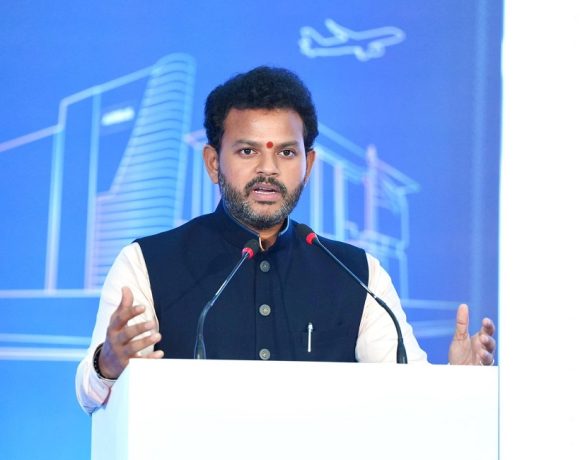
India Begins 5-Year Appraisal of Govt Schemes
The Government of India has launched a comprehensive appraisal and approval process for Centrally Sponsored Schemes (CSSs) and Central Sector Schemes (CSs) in preparation for the next Finance Commission cycle, which will begin on April 1, 2026. This review is part of routine five-year planning aligned with the term of the 16th Finance Commission.
The initiative was formally kicked off with a high-level workshop organized by the Department of Expenditure under the Ministry of Finance. Senior officials including the Cabinet Secretary, Dr. T.V. Somanathan, Finance Secretary Ajay Seth, and Secretary (Expenditure) Vumlunmang Vualnam participated in the discussions. The objective of this exercise is to assess the performance of schemes and enhance the quality of public expenditure by identifying schemes that are impactful, redundant, or require redesign.
Rigorous Review to Optimize Public Spending
Currently, there are 54 CSSs and around 260 CSs operational under various ministries, all of which are approved up to March 31, 2026. For schemes to be extended beyond that date, fresh appraisals are mandatory. The review will examine effectiveness, relevance, outcomes, and budget utilization of these schemes.
Third-party evaluations have been emphasized as a cornerstone of this process. The Development Monitoring and Evaluation Office (DMEO) under NITI Aayog is entrusted with appraising CSSs, while respective ministries will commission external evaluations for CSs through empaneled agencies.
Officials noted that past evaluations helped in rationalizing schemes, improving convergence across ministries, and supporting an increase in capital expenditure, which is pegged at ₹11.21 lakh crore for 2025-26.
Focus on Results, Efficiency and Reform
Key areas of focus in the appraisal process include better use of Direct Benefit Transfer (DBT) mechanisms, avoiding fund parking through ‘just-in-time’ releases, and integration of schemes that serve overlapping objectives. The aim is to bring greater efficiency, transparency, and alignment with the Government’s broader economic and social priorities.
The process also intends to identify high-impact schemes that deserve enhanced funding and support, while pruning schemes that show poor performance or duplication of objectives. With this structured approach, the government seeks to ensure every rupee spent contributes meaningfully to development goals and national interest.
As India enters a new financial planning phase, this pre-emptive review will shape policy and budgeting priorities under the next Finance Commission, ensuring responsiveness to changing needs and maximized return on public funds.


















